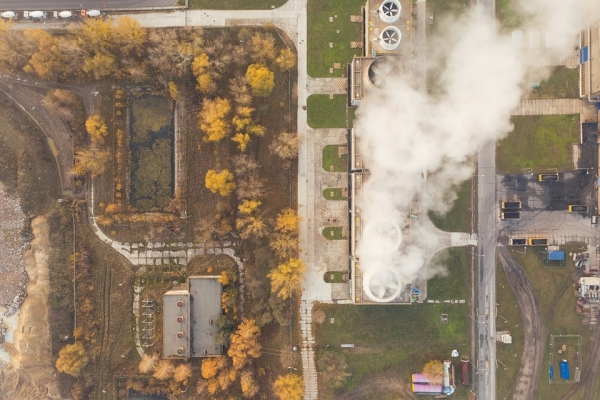About a quarter of the world’s electricity currently comes from power plants fired by natural gas. These contribute significantly to global greenhouse gas emissions (amounting to 10% of energy-related emissions according to the most recent figures from 2017) and climate change.
By gathering data from 108 countries around the world and quantifying the emissions by country, a McGill-led team, which includes researchers from Carnegie Mellon, Johns Hopkins, University of Texas (Austin) and the University of Maryland, has estimated that total global carbon dioxide (CO2) emissions from the life cycle of gas-fired power is 3.6 billion tonnes each year. They found that this amount could be reduced by as much as 71% if a variety of mitigation options were used around the world.
More Efficient Plants Could Reduce Greenhouse Gases Significantly
“We were astonished by how large the potential reduction in greenhouse gases could be by 2050, and even by 2030,” says Sarah Jordaan, an associate professor in the Department of Civil Engineering and the Trottier Institute in Sustainability in Engineering and Design at McGill University and the first author on the paper which was recently published in Nature Climate Change. “If natural gas is going to play a role in a low carbon future, even for a transitional period, there will be a need to improve efficiency in power plants and to cut methane emissions from natural gas production as well as to capture and store CO2.”
Read more at McGill University
Photo Credit: marcinjozwiak via Pixabay


